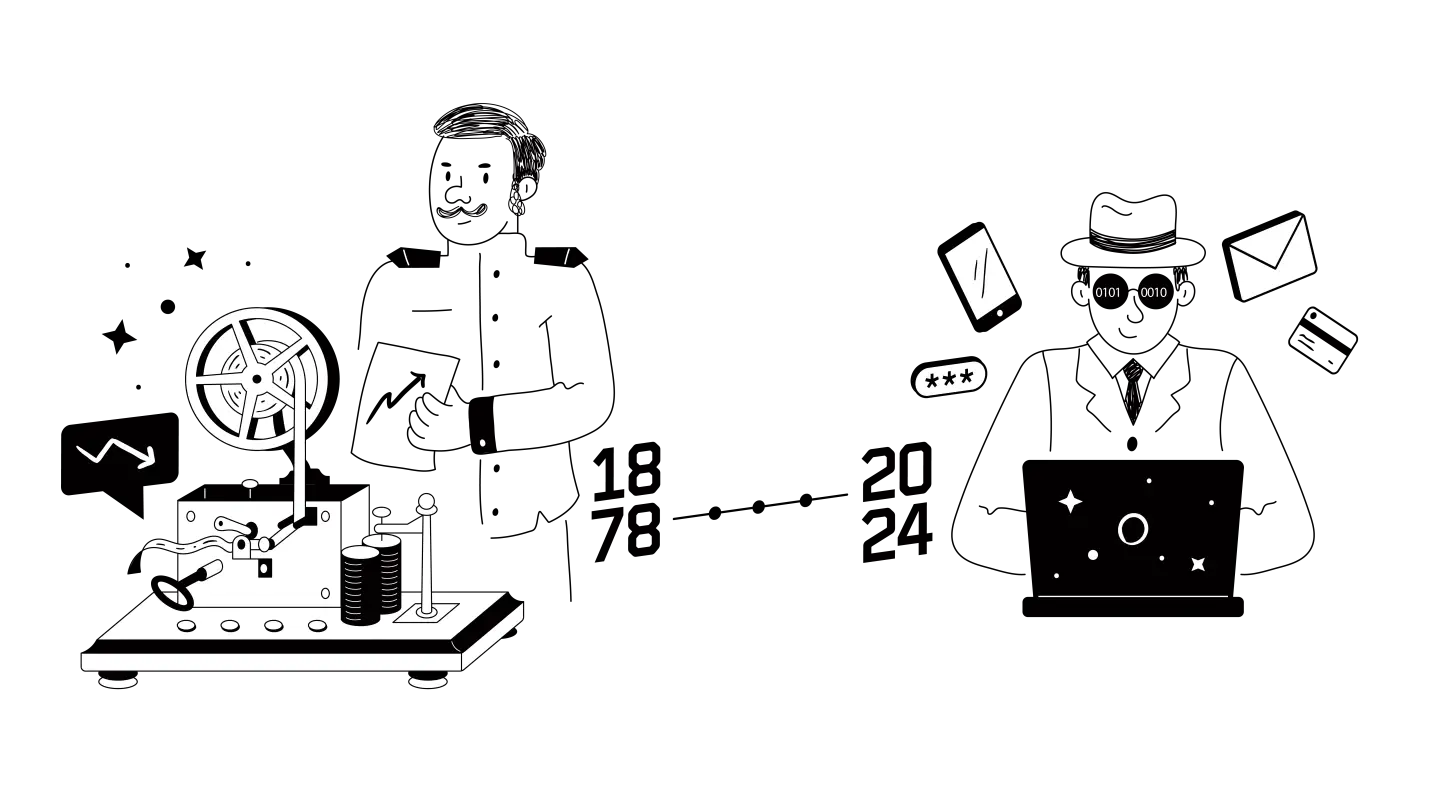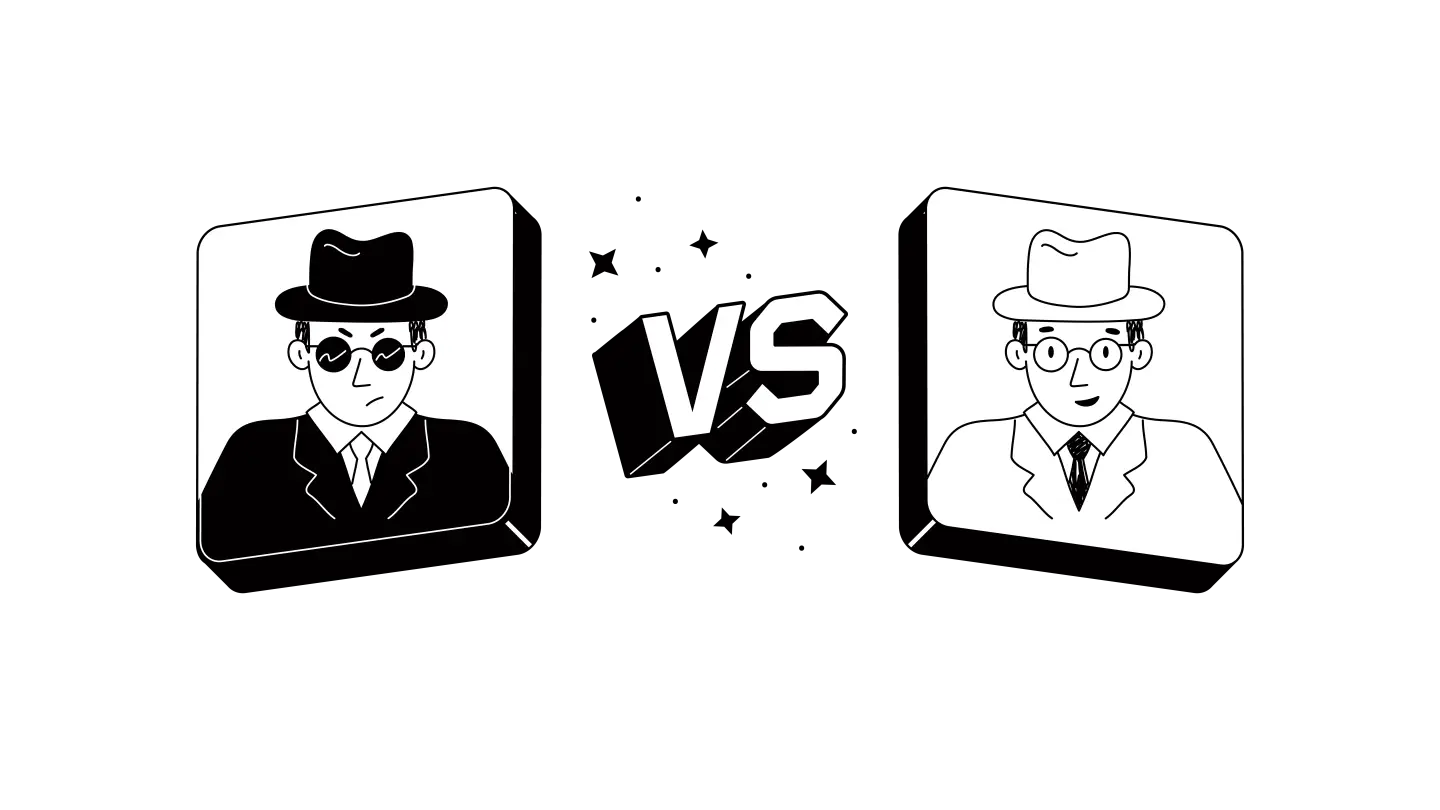A ‘Know Your Hackers’ Point of View
Imagine you're watching the classic film, The Wizard of Oz, for the umpteenth time. As Dorothy and her companions traverse the Emerald Castle's grand hallways, you know exactly what's about to happen.
But let's pause the scene for a moment.
What if there was a real-life wizard behind the curtain, pulling the strings of our digital world? In a way, there is. Hackers, the modern-day wizards, manipulate computer systems and networks to achieve their goals, whether malicious or benevolent.
Hacking has been around for as long as there have been computers. The first recorded hacking attack occurred in 1878 when a telegraph operator manipulated the stock market by sending false messages. The term "hacker" originally referred to people skilled at programming and computer systems. However, in the 1980s, the term began to be associated with computer criminals, a connotation that persists to this day.
Hacking has become a ubiquitous term, often associated with cybercrime and data breaches. But there's more to hacking than meets the eye. Hacking is not just about computers. Any system, whether technological or not, can be hacked. This includes things like cars, medical devices, and even the human body. As technology advances, so do the tools and techniques that hackers use. This means that it is becoming more difficult to defend against cyberattacks, as hackers find new and innovative ways to penetrate systems.

Hackers can be classified into two main categories: black hat and white hat.
Black hat hackers operate with malicious intent, using their skills to steal data, install malware, or launch cyberattacks. They are the ones who make headlines, the perpetrators of high-profile data breaches and cyberattacks.
On the other hand, white hat hackers use their skills for good, finding and fixing security vulnerabilities before black hats can exploit them. They are the unsung heroes of the cybersecurity world, working tirelessly to protect our digital infrastructure.

For some, hacking is a thrill-seeking adventure, a challenge to conquer intricate systems and outsmart security measures. Others see it as a tool for social activism, exposing injustices and challenging the status quo. And then there are those who use hacking for personal gain, stealing financial information or disrupting operations for financial or political reasons.
Hackers are motivated by a variety of factors. Some hackers are motivated by money, while others are motivated by revenge or political activism. There are also hackers who simply enjoy the challenge of breaking into systems.
Regardless of their motivation, hackers can have a devastating impact on individuals and organizations. A successful cyberattack can lead to financial losses, identity theft, and even physical harm.
Hacking is likely to become more sophisticated and frequent in the future. Hackers are constantly developing new tools and techniques to exploit vulnerabilities.
We believe that security should be addressed proactively and not reactively; helping you adapt your security measures to stay ahead of the latest threats. We have defined a new paradigm for enterprise IT infrastructure that reduces human intervention and resultant data security vulnerabilities significantly. We call it LowOps.
